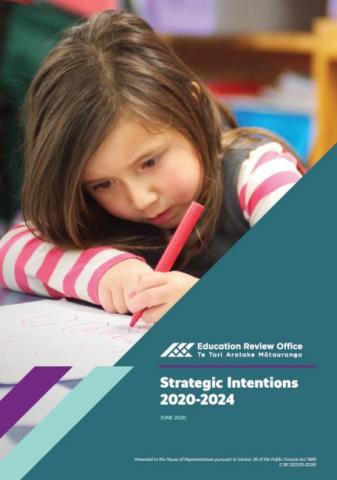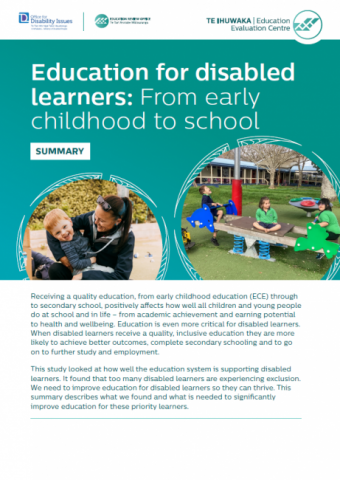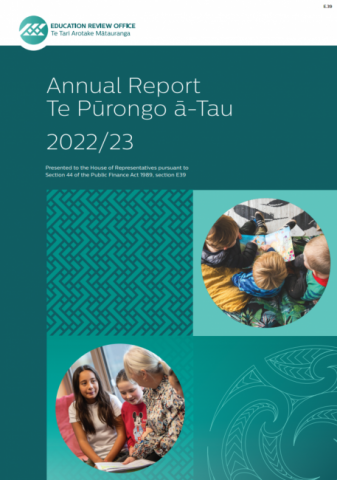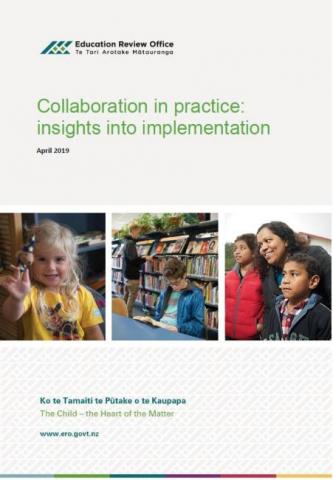Strategic Intentions 2020-2024
Published: 30 Jun 2020
The Education Review Office (ERO)'s Strategic Intentions 2020-2024 sets out our objectives and how ERO contributes to the Government's priorities for education.
- Audience:
- Academics
- Early learning
- Education
- Māori-medium
- Parents
- Schools
- Content type:
- Basic page
- Topics:
- Strategy











